July 2019
Part time
Two weeks
Knowledge and skills
The CTEAP runs full-time for one week with training sessions, workshops and talks. The certificate has more than 25 hours of training sessions plus peer-teaching sessions. We hope you will be an active participant in all sessions and you will be treated as an EAP professional throughout the course. On the course you will have opportunities to carry out micro-teaching with your fellow trainees, each focused upon a different aspect of delivery. You will receive feedback from your peers and your trainers and then reflect upon your own techniques.
Four constant threads underpin the way we approach the certificate:
- English as an international language
- Critical thinking
- Observation and reflection
- Review and consolidation
The certificate is reflective and practical and looks very specifically at how teachers can apply the new ideas to their own teaching contexts.
Our lead trainer
Markus is a Senior Teaching Fellow for ILEAD. He holds an MA in Applied Linguistics, is an HEA Fellow and has over 30 years of experience in education. He is currently managing and running the CTEAP and TEMI courses, which carry out professional development with teachers from throughout China and beyond. Before coming to China in 2013, Markus was the Director of the Language Centre at the University of East London. Prior to that he worked as English Programmes Manager at London Metropolitan University, for the British Council in Syria and as a teacher in Greece. He is currently an external examiner for Nottingham Ningbo University. He has spoken on teacher development and training at conferences across China, Asia and the UK
Our guests
The CTEAP calls upon some of the best lecturers at XJTLU and in other collaborating institutions. Past guest lecturers have included DrRoberto Donna speaking about how XJTLU’s business school works with EAP language experts, DrAnthony Manning (University of Kent, UK) on EAP assessment regimes, DrDavid Oakey (University of Liverpool, UK) on teaching grammar and EoinJordan (St Andrews University, UK), on marking and grading on EAP modules.
Themes and sessions
The course is divided into five distinct themes that make up the core of the course:
- The EAP teacher as language expert
This theme discusses the meaning of EAP and what it is to be an EAP teacher at university level. It includes an introduction to the importance of specific academic discourse communities to the EAP teacher and their students. We emphasisehere the importance of discipline-specific text analysis and discuss how to do this with our students.
- Classroom practice
Our certificate puts great importance on considering how we actually teach our students. In this module we look at the practicalities of being an EAP professional, including teaching techniques, classroom management, motivating learners, teaching grammar, error correcting, task setting and giving feedback.
- Teaching language skills
Here we examine teaching reading and writing for EAP and fostering critical thinking in our students. We also look at how to teach the key speaking skills including giving presentations. We take an integrated skills approach and recognisethat none of the four traditional communication skills happen in isolation.
- EAP course design and assessment
This module deals with overall planning of EAP courses and how they are assessed. It explores how, as an EAP course leader and teacher, you can follow the process of designing a curriculum from the needs of your students, through learning outcomes, assessment and into the classroom. It looks at setting assessed writing and speaking tasks and tests, as well as the best way to consistently and fairly mark our students’ work and give feedback.
- Materials and technologies
Here we discuss what materials are the most useful for your students to be able to successfully communicate in their chosen areas of study. We explore creating new learning materials and adapting published materials for the EAP classroom as well as the virtual learning space.
The design of student-centered teaching and learning and the cultivation method of critical thinking inspires me.
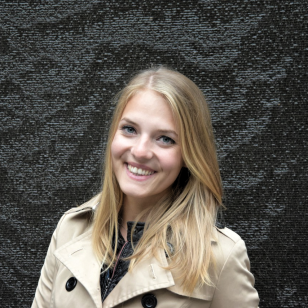
Na Li
2018 CTEAP cohort




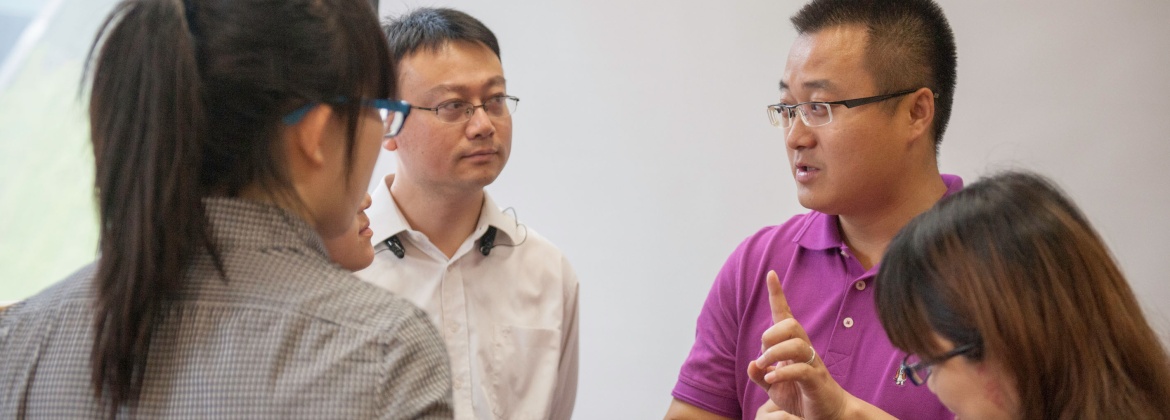

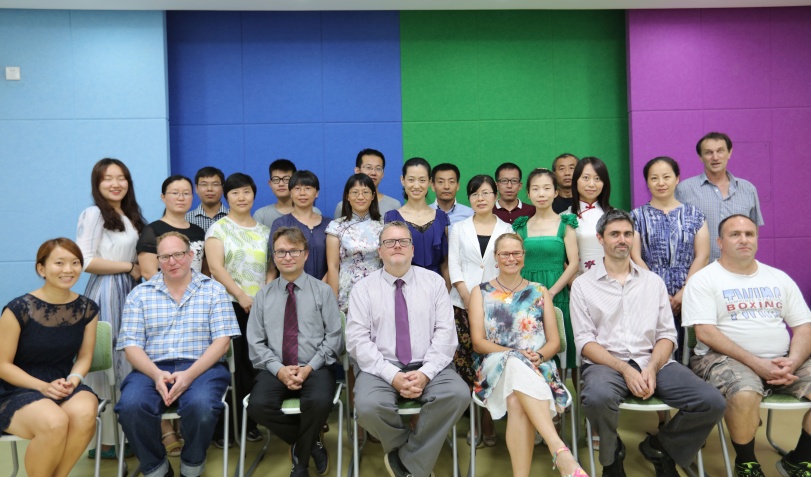
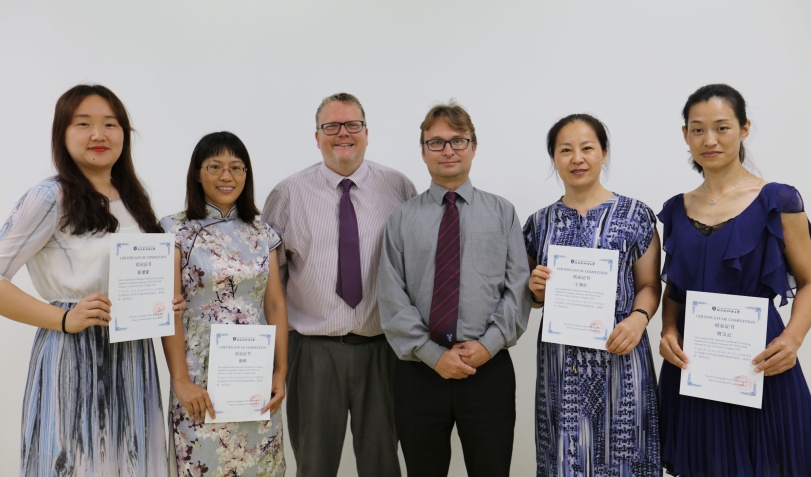
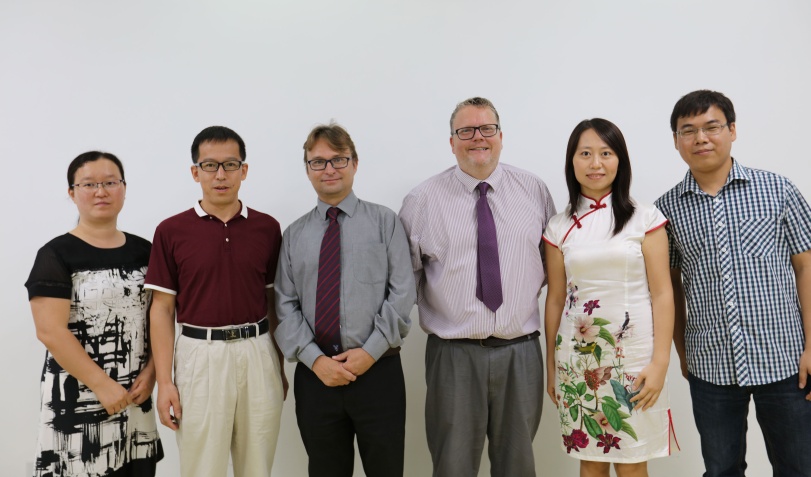
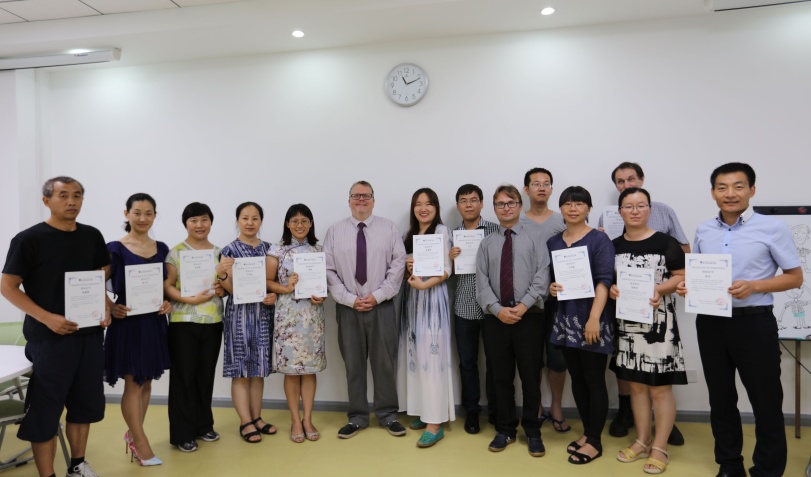
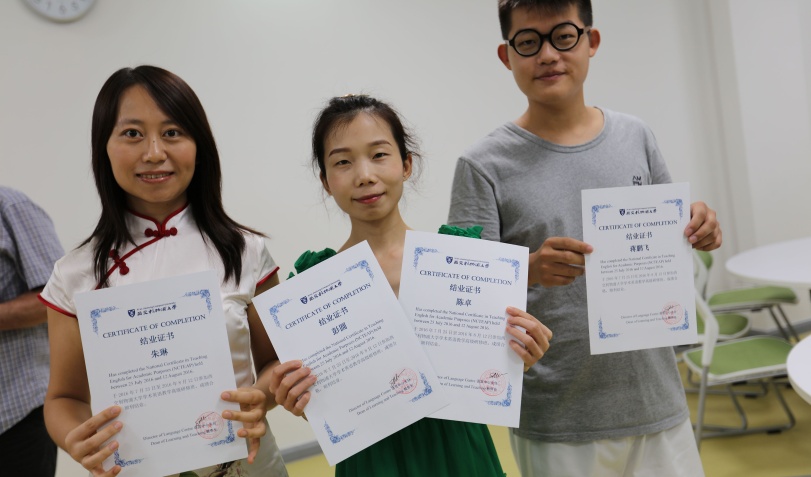
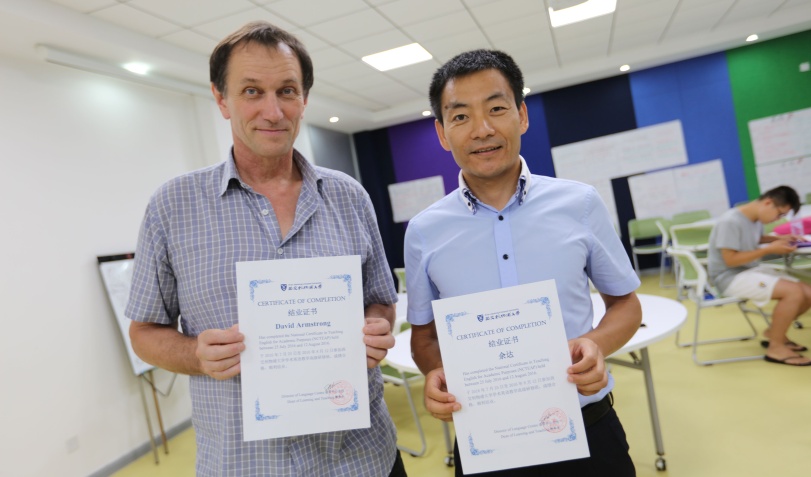



Overview
The Certificate in Teaching English for Academic Purposes has been created by Xi’an Jiaotong-Liverpool University to advance the very best practice in EAP in higher education in China and beyond. It is the only qualification of its type in China and is designed for employers to recognise a teacher’s excellence in the field. It is a practical certificate that will have a direct impact on a teacher’s understanding of EAP and their classroom practice. The CTEAP is not just a training course but is a transformative experience, which encourages teachers to think of themselves and their work differently and to position themselves differently within their places of work.
Who can participate
CTEAP training is aimed at teachers and education managers:
Aims
Our EAP teaching model is to foster a student-centredactive learning environment grounded in your students’ actual needs. Our aim is for you to return to your teaching context with new confidence and enthusiasm and excited to try out new methods and ideas with your students.
This two-week course will run twice in the summer:
8 July to 12 July 2019
Or
19 August to 23 August 2019